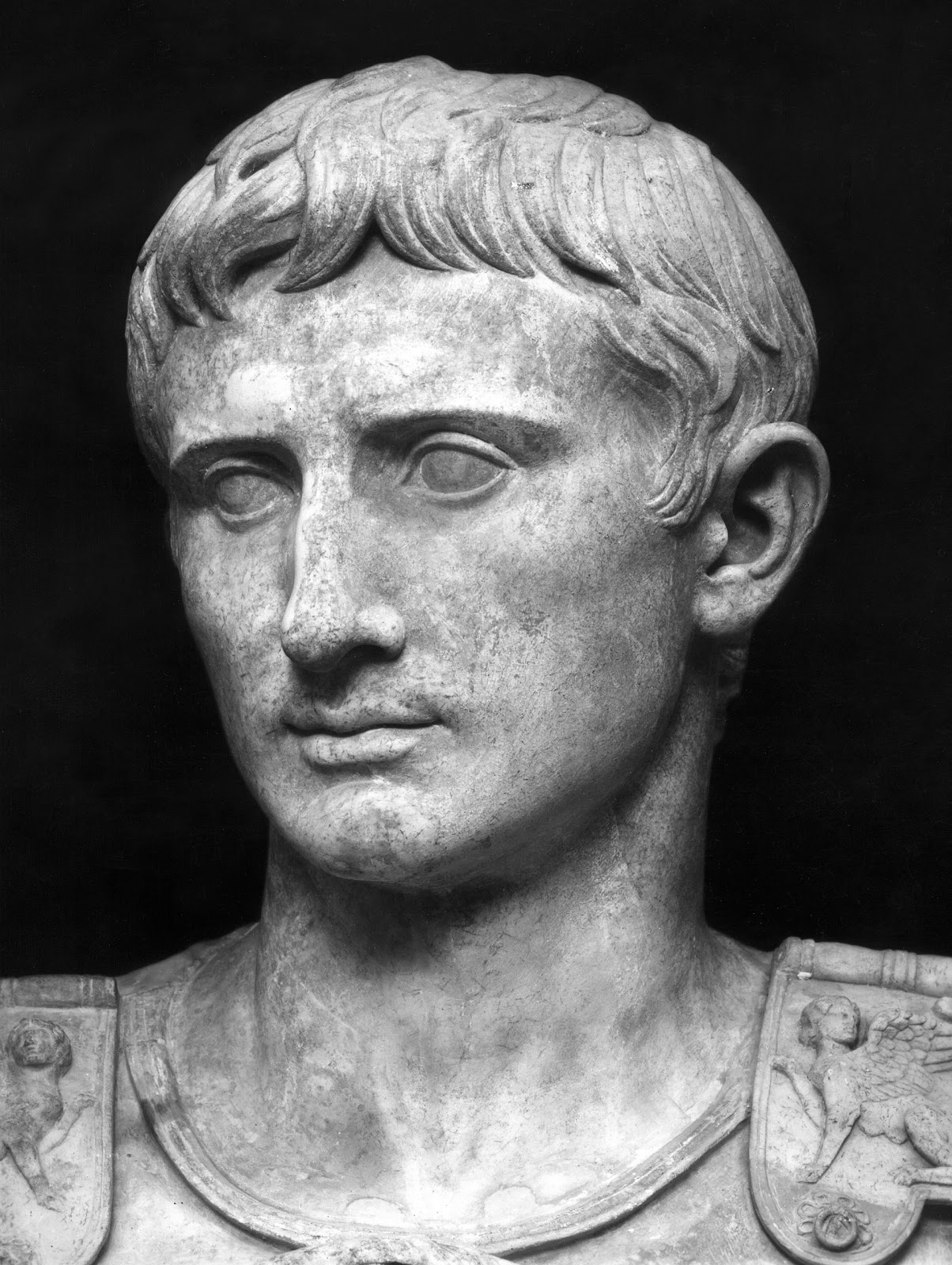

When Octavianus' center took advantage of the confusion the fighting grew heavy. Antony tried to flank Octavianus' right but the sudden move threw his own center into confusion. Since the quinqueremes couldn't maneuver quick enough to ram the faster Liburnian ships and the Liburnians couldn't do much damage even if they did ram the plated quinqueremes the battle progressed more as a land battle than a standard sea battle.Īntony's ships rowed out in two wings where Octavianus' ships were gathered at the entrance to the Gulf. At the time the primary nature of Roman naval battles was to maneuver into position to ram the opponent and thus sink their ship. The Liburnian ships were much more maneuverable. The quinqueremes had the advantage of height from which to shoot or attack from and the advantage of the plates which protected them from ramming.


Antony's fleet consisted primarily of massive quinqueremes with bronze plates while Octavianus' fleet was made up mainly of smaller Liburnian vessels. Exactly when Cleopatra and her ships (which made up a large number of the fleet) were to leave and whether or not Antony planned to go with them is a matter of debate to this day. Mark Antony finally agreed to take Cleopatra's advice and fight the naval battle and to simultaneously take his General's advice and send Cleopatra home. Furthermore she apparently didn't trust her control over Antony unless she was present and thus refused to leave. In addition, the Roman generals were much more comfortable and experienced with land battles while Cleopatra insisted that Antony had the advantage on the water and should attack by sea. They argued that if Cleopatra would go home many of the Roman senate, the Roman people and the Roman army would quit their support of Octavianus. They also realized that as long as she was present she would act as fuel for Octavianus' propaganda. Antony's generals didn't trust either Cleopatra or her armies. A few battles were fought up and down the coast - the most decisive of which by Agrippa (one of Octavianus' Generals) cutoff Antony's lines of communication further down the coast.ĭuring this time disunity increased between Antony, his generals and his wife. Octavianus setup camp on the Northernmost shore of the Gulf across from the Actium promontory (from which the battle gets it's name.) Over the next few months the two commanders were stalemated. He used towers on land and a row of ships in the water to guard the entrance to the Gulf. Prior to the battle of Actium, Mark Antony took his and Cleopatra's fleet into the Gulf of Ambracia (located on the west coast of Greece). Octavianus capitalized on the situation by reading a supposed copy of Antony's will which gave much of his control to Cleopatra's children Regardless of the authenticity of the will, the propaganda worked and the Senate declared war on Cleopatra (and, therefore on Antony as well.) This was greatly resented by the Romans and helped erode much of Antony's support with the public and the Senate. He began to live openly with Cleopatra and eventually married her although he didn't immediately divorce Octavia his Roman wife. Mark Antony and Cleopatra VII began their fateful relationship after he took over the Western provinces. Antony married Octavianus' sister, Octavia, and an uneasy truce began. This left Octavianus with control of the Eastern provinces and Antony with control of those in the West. His troops mutinied and he was forcibly retired by Octavianus. Eventually, Lepidus who had been assigned an unimportant role in Africa, attempted to seize Sicily by force. Individually, Octavianus and Antony continued to persuade senators and generals to join their side. Lepidus was a well respected yet aged General. (Octavianus also possessed the ever important name "Caesar".) Since neither of the two men could manage a clear majority of support, they formed the Second Triumvirate with Marcus Aemilus Lepidus.

Mark Antony (Marcus Antonius) took over Caesar's papers and many of his legions but Gaius Julius Caesar Octavianus was named as heir in Caesar's will.
Gaius julius caesar octavianus. movie#
Conjecture over Antony's reasons for abandoning the battle and chasing Cleopatra's ship has been fodder for historians, poets and movie writers for centuries.Īfter the assassination of Julius Caesar in 44 BC Rome had no clear leader. The seemingly irrational battle tactics of Antony destroyed himself, his armies and his famed wife, Cleopatra. The strange battle of Actium ended decades of Roman civil war and resulted in the rise of the first Roman Emperor.


 0 kommentar(er)
0 kommentar(er)
